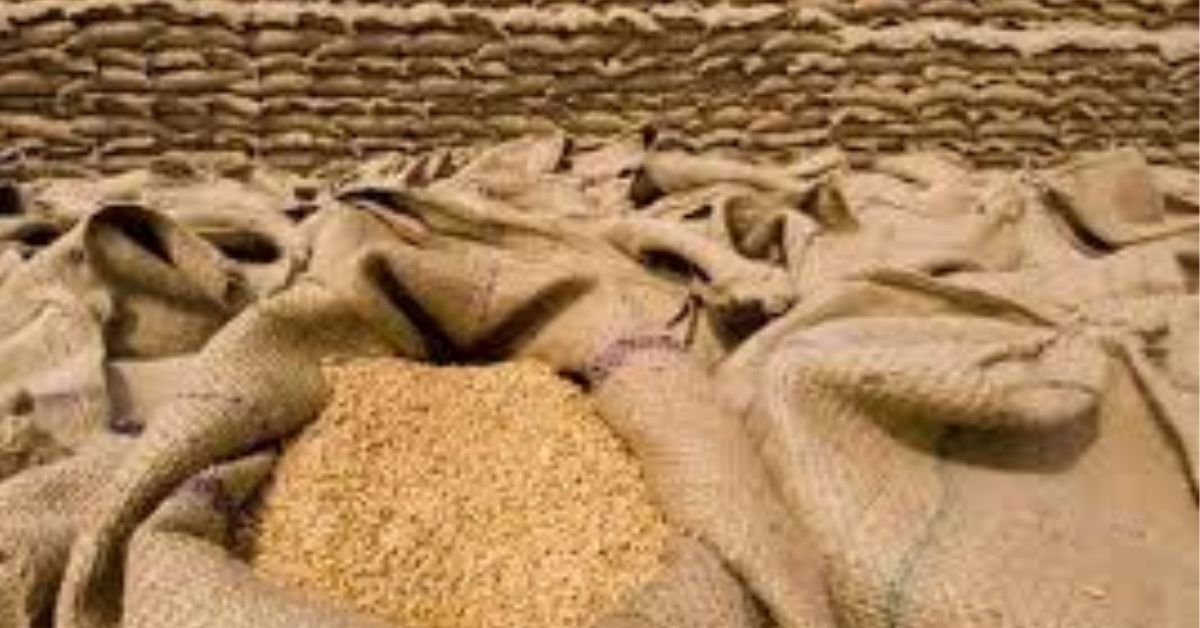Both the countries strengthened their ties to a strategic partnership during Prime Minister Narendra Modi’s visit to Egypt in June and set a target of boosting two-way trade to $12 billion by 2027. Renewable energy, especially green hydrogen, has emerged as a focus area of cooperation.
The discussions on a wheat-for-fertilisers deal began when Egyptian President Abdel Fattah El-Sisi raised his country’s need for the grain during a meeting with Modi. In turn, Modi raised India’s requirement for fertilisers. The deal is now being discussed as it will ensure food security for both countries. Egypt approved India as a certified wheat supplier in April 2022 and the first order from the Egyptian side for 63,500 tonnes of wheat was placed just before the Indian government banned wheat exports in May 2022.
India ranked as one of the largest producers of food grains including rice and wheat. However, it needs fertilisers in large quantities at an economical rate. Fertilisers ranked second among Egypt’s exports in 2022, with sales worth $2.7 billion. Egypt is also the world’s fifth largest exporter of fertilisers and produces 7.8 million tonnes of nitrogen fertilisers and four million tonnes of phosphate fertilisers annually.







